
The Enchanting Waterways of The Broads
The Broads, located in the heart of Norfolk and Suffolk, is a stunning network of rivers and lakes that offer a serene escape into nature. This unique landscape is a paradise for nature lovers, with its calm waters, abundant wildlife, and picturesque countryside. Whether you're an avid sailor, a passionate bird watcher, or simply someone looking to unwind, The Broads has something special to offer. Explore the charming villages that dot the waterways, each with its own unique character and history. Enjoy leisurely boat trips, either by hiring a traditional Norfolk wherry or by taking a guided tour. The Broads is also a haven for fishing enthusiasts, with its waters teeming with various species of fish. Don't forget to visit the many nature reserves and parks in the area, where you can embark on peaceful walks and spot rare birds and plants. With its tranquil atmosphere and natural beauty, The Broads is a perfect destination for a relaxing and rejuvenating holiday.
Local tips in The Broads
- Hire a boat early, especially during peak season, to ensure availability.
- Bring binoculars for bird watching; the area is home to many rare species.
- Wear comfortable walking shoes for exploring the nature reserves and trails.
- Check local weather forecasts and dress in layers, as the weather can change quickly.
- Visit local pubs and restaurants to taste regional specialties like Norfolk crab.
The Enchanting Waterways of The Broads
The Broads, located in the heart of Norfolk and Suffolk, is a stunning network of rivers and lakes that offer a serene escape into nature. This unique landscape is a paradise for nature lovers, with its calm waters, abundant wildlife, and picturesque countryside. Whether you're an avid sailor, a passionate bird watcher, or simply someone looking to unwind, The Broads has something special to offer. Explore the charming villages that dot the waterways, each with its own unique character and history. Enjoy leisurely boat trips, either by hiring a traditional Norfolk wherry or by taking a guided tour. The Broads is also a haven for fishing enthusiasts, with its waters teeming with various species of fish. Don't forget to visit the many nature reserves and parks in the area, where you can embark on peaceful walks and spot rare birds and plants. With its tranquil atmosphere and natural beauty, The Broads is a perfect destination for a relaxing and rejuvenating holiday.
When is the best time to go to The Broads?
Iconic landmarks you can’t miss
Castle Acre Priory
Medieval grandeur frozen in stone—one of England's finest monastic ruins.
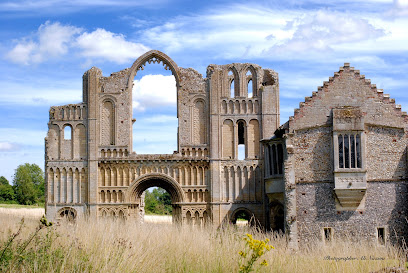
Burgh Castle
One of Britain’s best-preserved Roman forts, standing above the Norfolk Broads with sweeping views over Breydon Water and the surrounding marshes.
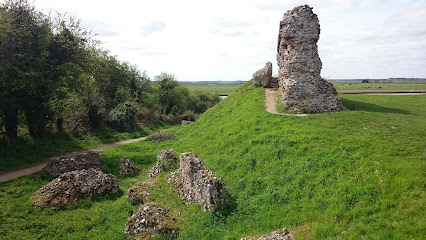
Baconsthorpe Castle
Explore the atmospheric ruins of a 15th-century fortified manor, once home to the powerful Heydon family of Norfolk.
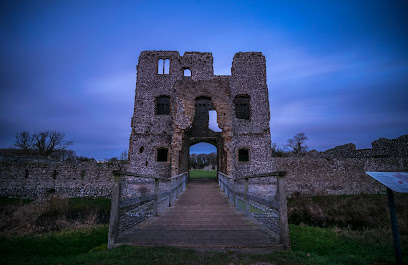
Pull's Ferry
A tranquil 15th-century watergate and ferry house on Norwich’s River Wensum, blending rich medieval history with scenic riverside charm.
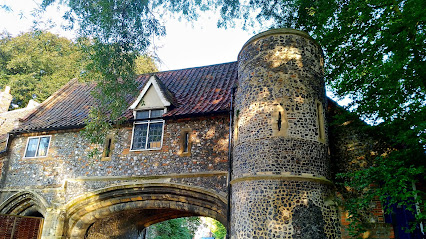
Nelson's Monument
A towering Doric column in Great Yarmouth honouring Admiral Nelson with panoramic views from its historic viewing platform.
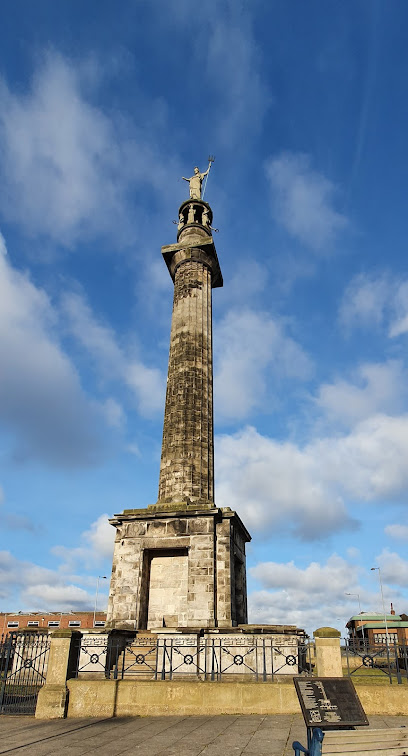
St Olave's Priory
Medieval brick undercroft and Augustinian priory ruins in peaceful Norfolk countryside, free to explore year-round.
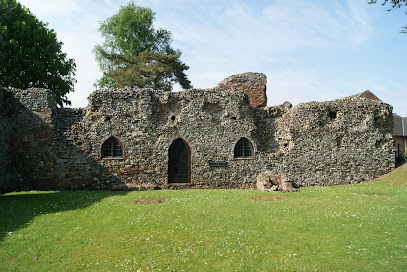
Potter Heigham bridge
Historic medieval bridge and boating challenge nestled in the scenic Norfolk Broads, blending heritage, nature, and village charm.
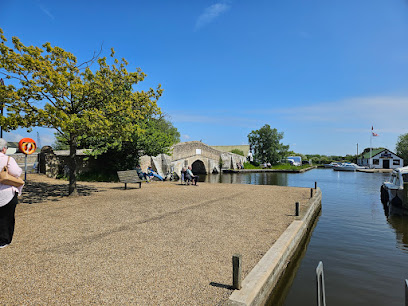
Wroxham Bridge
Historic 17th-century bridge and vibrant boating hub connecting Wroxham and Hoveton on the scenic Norfolk Broads.
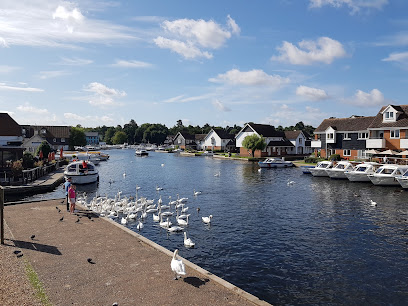
VisitNorwich
Discover Norwich Cathedral’s soaring Norman spire, medieval carvings, and tranquil cloisters nestled in a vast historic sanctuary.
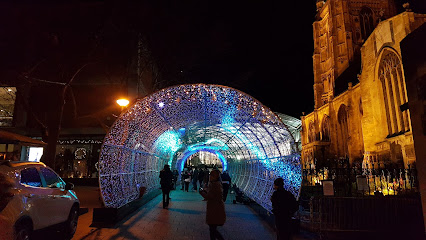
Visit The Broads
Your gateway to exploring the enchanting waterways, wildlife, and heritage of the Norfolk Broads National Park.
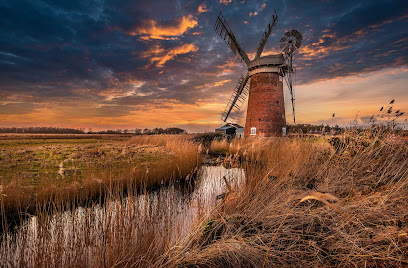
Unmissable attractions to see
Castle Quarter
Castle Quarter: A vibrant five-level shopping and leisure centre in Norwich with shops, dining, cinema, and entertainment for all ages.
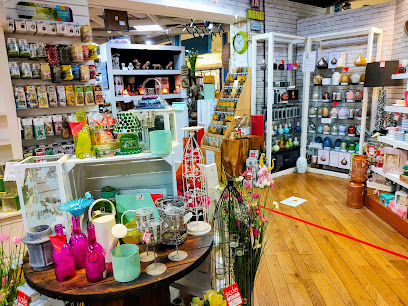
The Broads National Park
Explore England’s enchanting Broads National Park, a vast man-made wetland of serene waterways, rare wildlife, and rich cultural heritage.
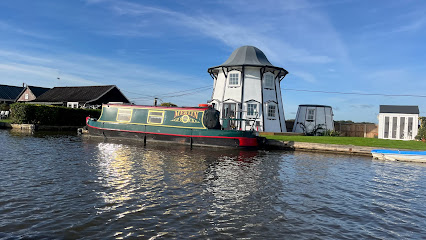
National Trust - Blickling Estate
Jacobean splendour meets Norfolk parkland—a thousand-year estate of gardens, history, and wartime heritage.
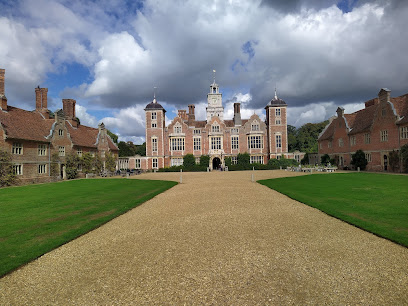
SEA LIFE Great Yarmouth
Dive into the vibrant marine world of SEA LIFE Great Yarmouth, where sharks, penguins, and interactive exhibits await on the Norfolk coast.
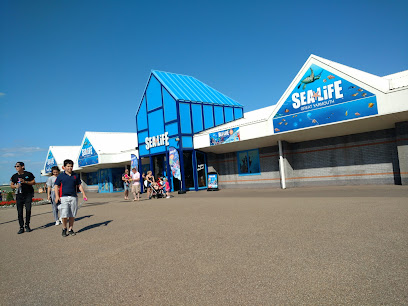
Holkham Hall
Discover Holkham Hall, a stunning 18th-century Palladian estate blending classical elegance, rich heritage, and expansive Norfolk coastal landscapes.
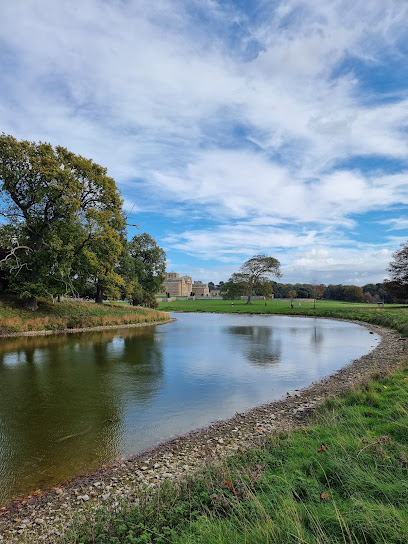
SEA LIFE Hunstanton
Explore Norfolk’s only seal sanctuary and vibrant marine aquarium with over 2,000 creatures, immersive exhibits, and inspiring conservation efforts.
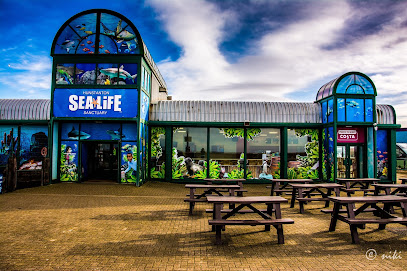
Jarrolds
Historic family-owned department store in Norwich blending Edwardian charm with modern British retail and local community spirit.
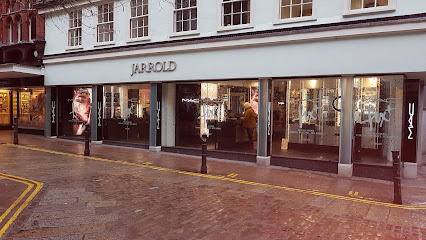
Wroxham Barns
Discover artisan crafts, family farm fun, and festive celebrations at Norfolk’s charming Wroxham Barns.
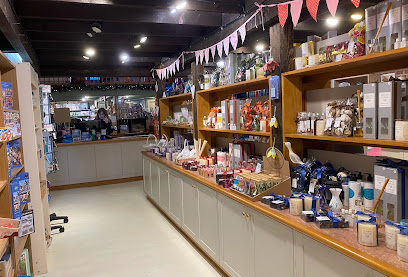
Oxburgh Estate
Explore Oxburgh Estate, a moated Tudor manor steeped in history, Victorian charm, and tranquil Norfolk gardens.
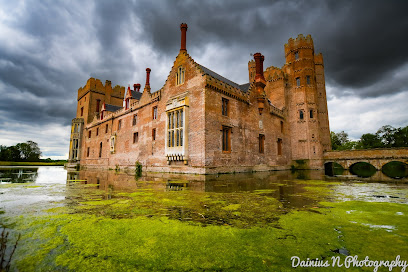
Norwich Castle
Explore 900 years of history and art in Norwich Castle’s majestic Norman Keep and internationally renowned museum galleries.
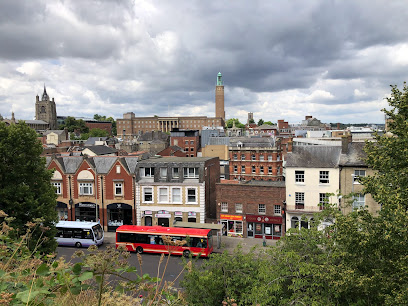
National Trust - Horsey Windpump
Explore Norfolk’s largest restored windpump with panoramic Broads views, wildlife gardens, and tranquil marshland walks.
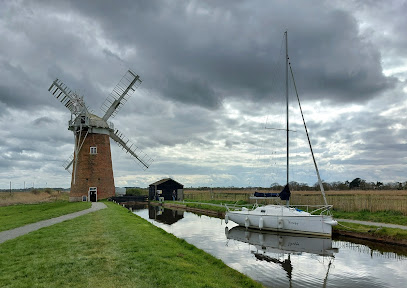
BeWILDerwood Norfolk
Discover a magical woodland adventure with towering treehouses, enchanting characters, and family fun in the heart of Norfolk’s Broads.
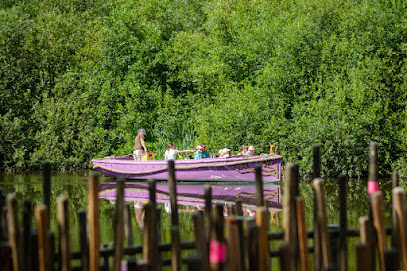
Whitlingham Country Park
280 acres of restored nature where gravel pits became lakes, perfect for water sports, wildlife watching, and family adventures.
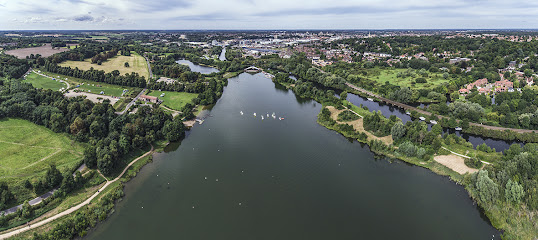
Poppylands 1940s Tearoom
Step into wartime Britain at Poppylands 1940s Tearoom, where vintage charm, hearty fare, and nostalgic memorabilia create a unique historical escape.
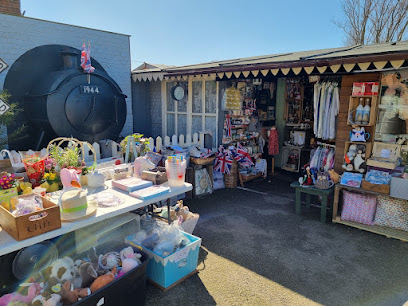
Castle Rising
Explore one of England’s finest Norman castles, a royal residence and hunting lodge steeped in medieval history and surrounded by majestic earthworks.
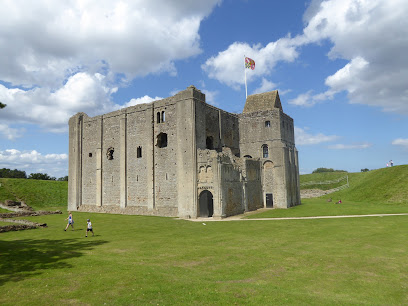
Essential places to dine
Acle Bridge Inn
Historic riverside pub offering hearty British fare, warm hospitality, and family-friendly charm on the scenic Norfolk Broads.
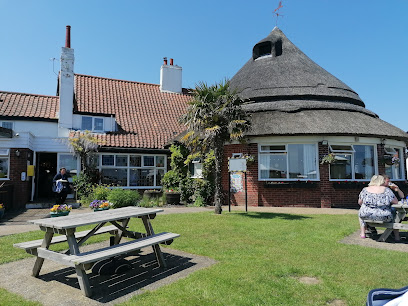
Rising Sun Coltishall
Charming riverside pub and inn in Coltishall serving hearty British fare with warm hospitality and scenic Norfolk Broads views.
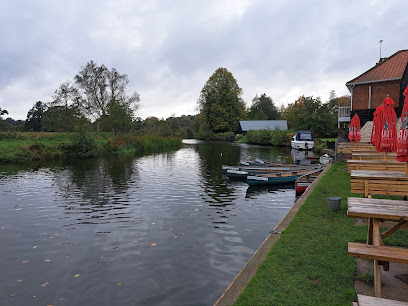
The Gunton Arms
A stylish gastropub in Norfolk’s deer park where open-fire cooking meets contemporary art and rustic charm.
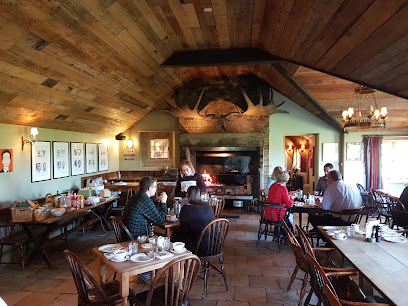
The Boathouse | Restaurant | Wedding Venue | Pub | Accommodation
Charming waterside restaurant, accommodation, and wedding venue offering fresh local cuisine and stunning views on Ormesby Broad.
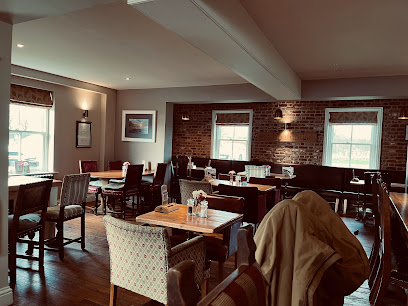
The Maltsters
A welcoming family-run pub and restaurant in Ranworth offering hearty local dishes and a cozy atmosphere amid the scenic Norfolk Broads.
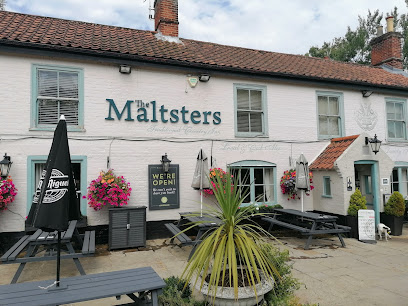
Kings Arms
A traditional village pub in Ludham offering hearty home-cooked meals, local ales, and a welcoming atmosphere for families and dog lovers alike.
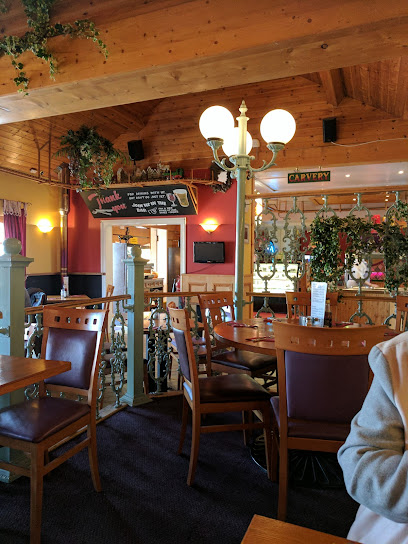
The Lion Inn
A beloved riverside pub in Thurne offering hearty British fare, excellent vegan options, real ales, and a cozy atmosphere on the Norfolk Broads.
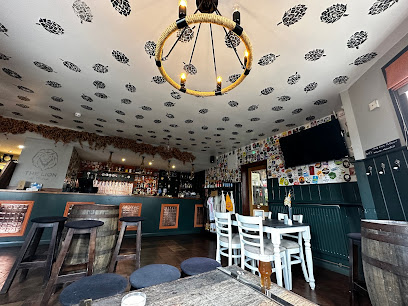
New Inn, Horning
Charming riverside pub in Horning offering hearty British fare, scenic moorings, and a friendly, laid-back atmosphere on the Norfolk Broads.
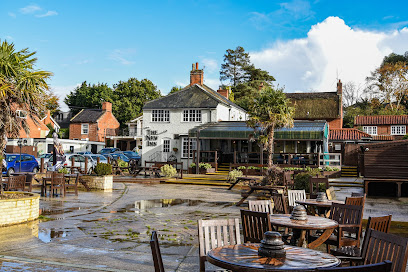
Reedham Ferry Inn
A charming riverside pub and campsite by the Norfolk Broads with scenic ferry crossings and classic British hospitality.
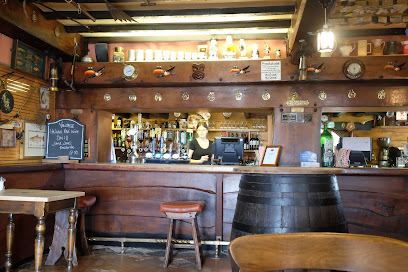
The Kings Head
A charming 4-star gastropub and inn in Bawburgh blending historic character with exceptional seasonal dining and cozy accommodation.
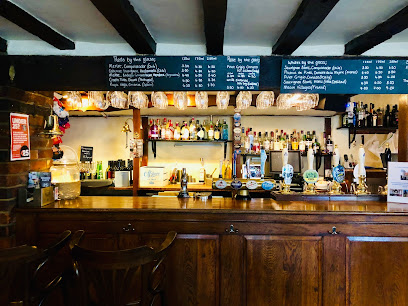
The Wildebeest
Michelin Bib Gourmand fine dining near Norwich, offering seasonal modern British cuisine in a relaxed, elegant setting.
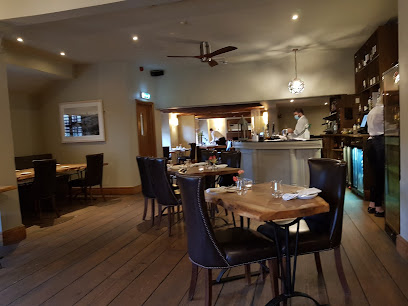
The Old Mill
A charming riverside café in Wroxham serving classic British breakfasts with scenic views and welcoming hospitality.
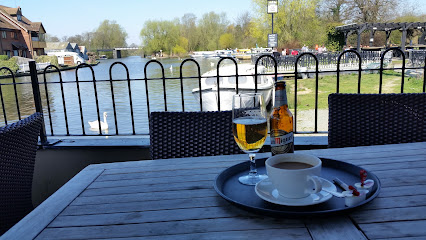
The Ingham Swan
A charming Norfolk gastropub blending rustic heritage, refined seasonal cuisine, and cozy accommodations in tranquil countryside.
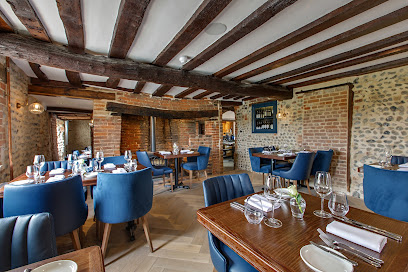
The Cellar House
A charming family-run pub in Norwich’s Eaton district, blending traditional British hospitality with beautifully crafted modern cuisine.
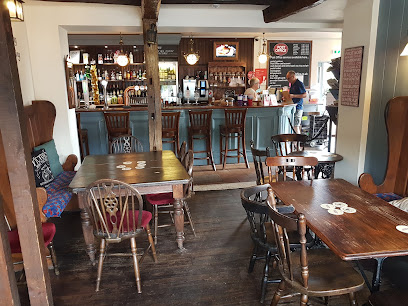
The Falgate Inn at Potter Heigham
A charming Norfolk pub and B&B with hearty food, friendly service, and a peaceful garden in the heart of Potter Heigham.
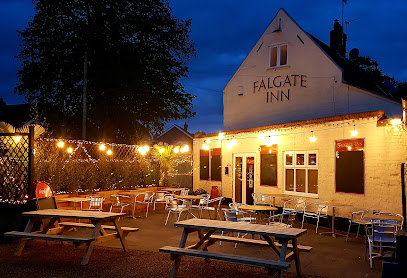
Markets, malls and hidden boutiques
Market Gates Shopping Centre (Great Yarmouth)
A vibrant indoor shopping destination in Great Yarmouth offering diverse shops, eateries, and a secure, accessible environment for all visitors.
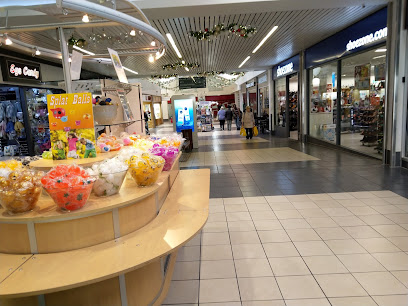
Lathams of Potter Heigham
Norfolk Broads’ largest discount superstore and pet shop with extensive shopping, fishing tackle, garden centre, and artisan café.
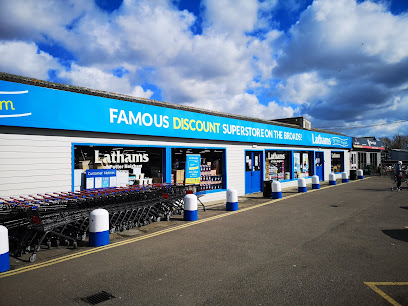
Roys of Wroxham Department store
Discover Norfolk’s beloved independent department store blending heritage charm with a vast array of goods and festive magic in Wroxham.
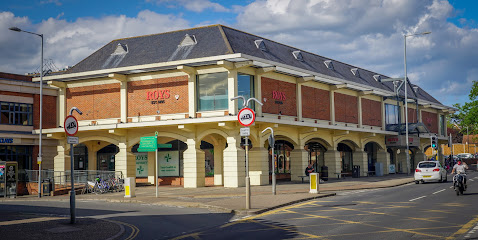
A Piece Of Cake
Cozy tea room and bakery in Coltishall, serving fresh cakes, hearty breakfasts, and traditional British fare in a charming riverside village setting.
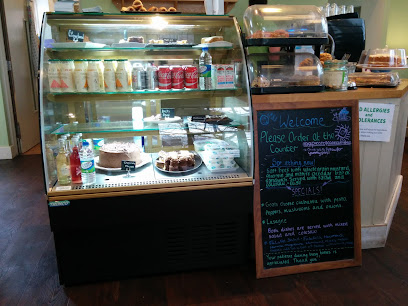
Norwich Lanes
Discover Norwich Lanes, a vibrant maze of independent shops, artisan cafes, and historic charm in the heart of Norwich city centre.
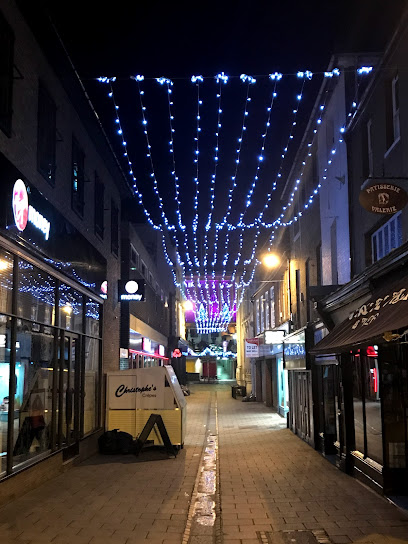
Ludham Bridge Stores
A charming general store in the Norfolk Broads offering fresh produce, local treats, and essential supplies for visitors and boaters alike.
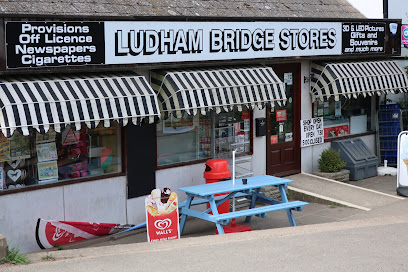
East of England Co-op
Acle’s welcoming Co-op supermarket offering fresh local produce, vegan options, and convenient shopping hours for residents and visitors alike.
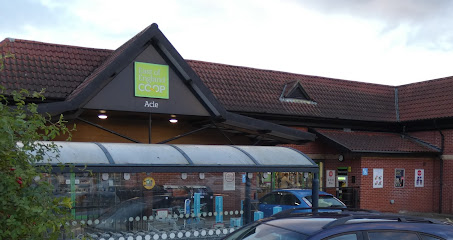
Tesco Superstore
Norwich's comprehensive supermarket with fuel, accessibility, and Clubcard rewards.
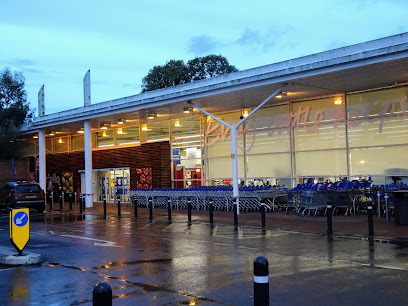
Martyns Walk Round Store
Unique gothic and alternative gift shop in Great Yarmouth offering spooky collectibles and fantasy-themed treasures.
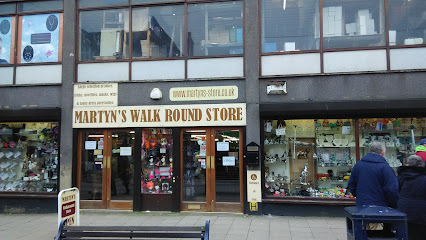
The Big Shop on Womack Staithe
A welcoming convenience store at Ludham’s Womack Staithe, serving essentials, fishing tackle, and hot drinks to boaters and visitors on the Norfolk Broads.
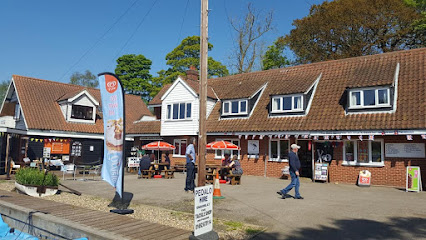
Elm Hill Craft Shop
Discover handcrafted gifts and local artistry in the heart of Norwich’s historic Elm Hill, a charming medieval street full of character and creativity.
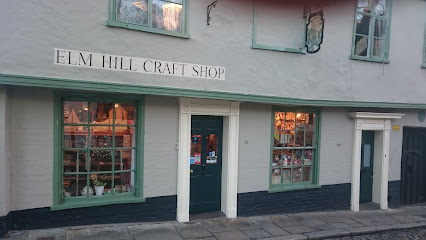
Vogue
Discover unique gifts, beach essentials, and collectibles at Vogue, a vibrant and welcoming shop in the heart of Great Yarmouth’s Regent Road.
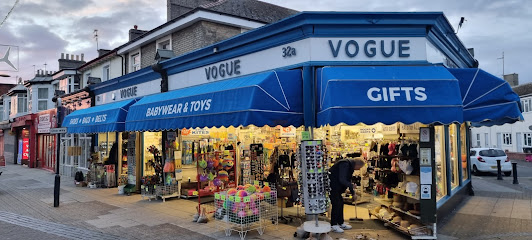
Unique Crafts
Discover intricate miniatures and crafting treasures at Unique Crafts Miniatures, Great Yarmouth’s specialist dollhouse boutique.
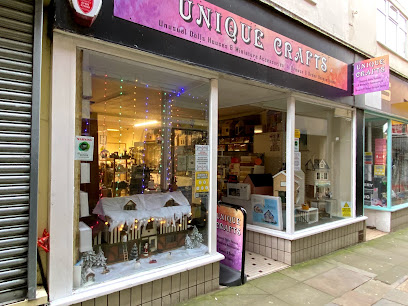
Ferailles Shop - (Knot Just A Furniture Shop!) - Great Yarmouth
Discover Ferailles, Great Yarmouth’s eclectic boutique blending antiques, art, and unique gifts in a charming coastal setting.
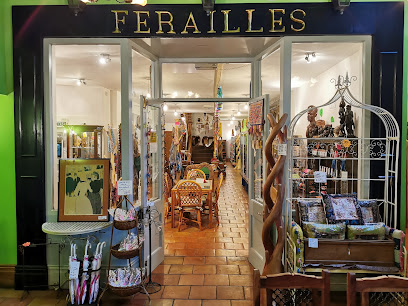
Reedham Stores
A welcoming village convenience store offering local flavors and essentials in the heart of Norfolk Broads’ scenic Reedham.
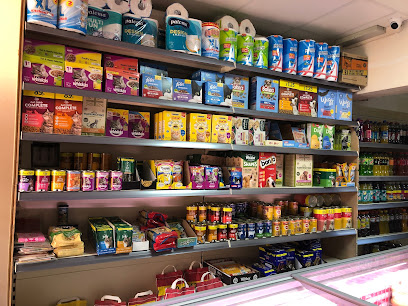
Essential bars & hidden hideouts
Acle Bridge Inn
Historic riverside pub on the Norfolk Broads offering hearty home-cooked food, family-friendly spaces, and welcoming hospitality all year round.
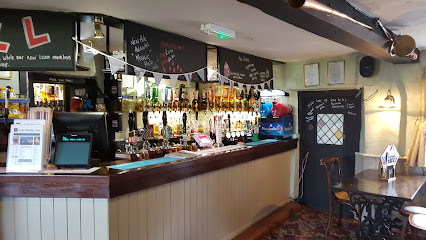
Rising Sun Coltishall
Charming riverside pub and inn in Coltishall offering wood-fired pizzas, cozy rooms, and warm Norfolk hospitality.
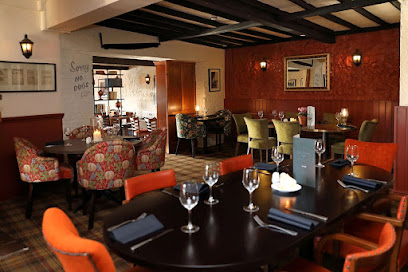
The William Adams
A vibrant coastal pub honoring Gorleston’s lifesaving hero with great food, real ales, and a welcoming community vibe.
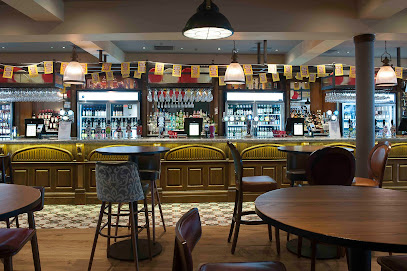
The Ferry Inn of Horning
A charming riverside pub on the Norfolk Broads offering hearty meals, scenic views, and warm hospitality in Horning.
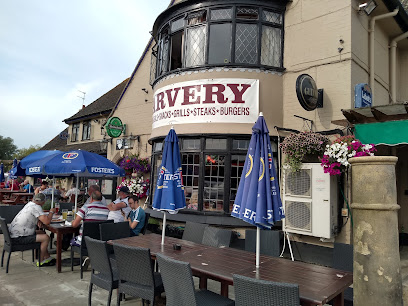
The Gunton Arms
A unique Norfolk gastropub blending rustic charm, open-fire cooking, and contemporary art within a historic deer park setting.
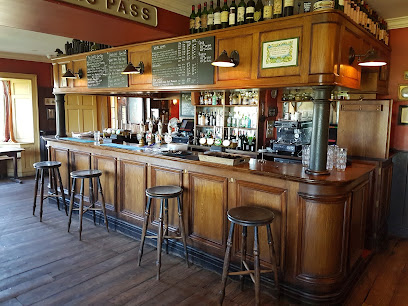
Kings Arms
A family-run Norfolk Broads pub famed for its hearty carvery, welcoming dogs and children, and charming riverside village setting.
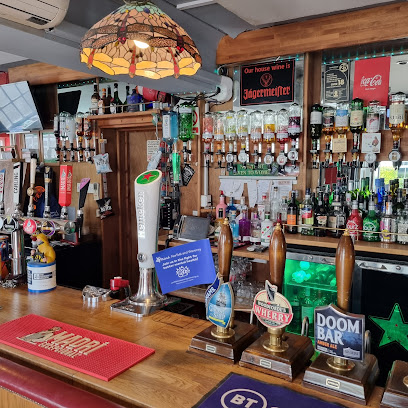
The Lion Inn
A cozy riverside pub in Thurne offering hearty British fare, vegan options, and a welcoming atmosphere beloved by boaters on the Norfolk Broads.
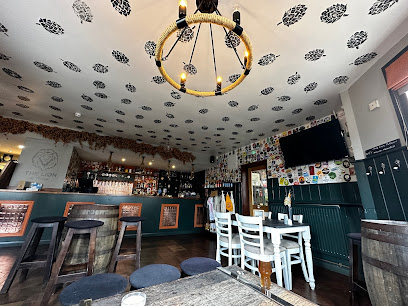
New Inn, Horning
Charming riverside pub on the Norfolk Broads offering hearty fare, scenic moorings, and a welcoming atmosphere for locals and boaters alike.
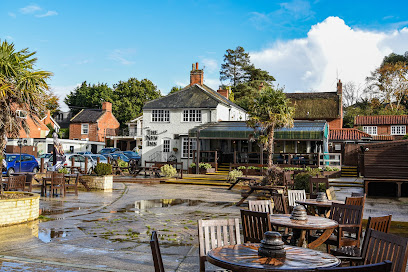
White Horse Inn Neatishead
Historic Norfolk village pub with award-winning microbrewery, seasonal local cuisine, and a warm, lively atmosphere on the Broads.
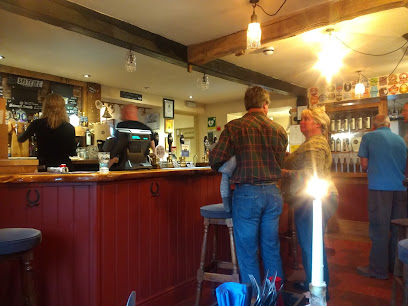
The Brisley Bell
Historic 17th-century Norfolk pub with award-winning food, boutique rooms, and expansive gardens blending tradition and modern comfort.
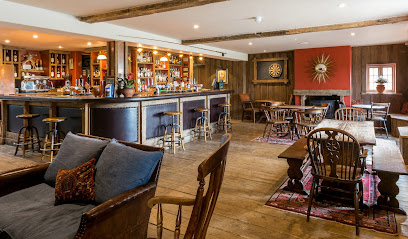
The Gin Trap Inn
A cozy Norfolk country pub and inn blending traditional charm with fine dining and comfortable, thoughtful accommodation.
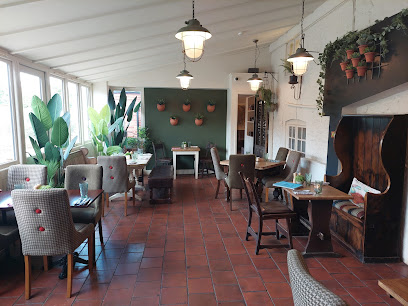
Reedham Ferry Inn
Experience the charm of Reedham Ferry Inn, where delicious dining, camping adventures, and stunning riverside views await in the heart of Norfolk's Broads.

Burgh Hall
A friendly bar and grill in Burgh Castle offering great food, lively entertainment, and family-friendly fun in a welcoming community setting.
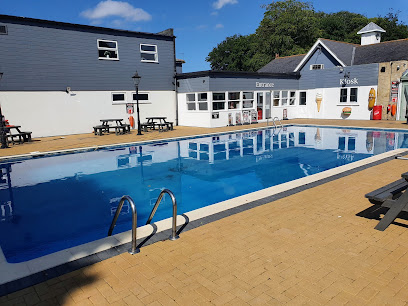
The White Horse Blakeney
Cosy, characterful gastropub and inn perched above Blakeney Quay, blending historic charm with coastal comfort on the Norfolk coast.
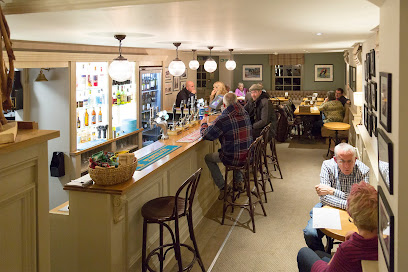
Local Phrases about The Broads
-
- HelloAhoy
[ah-oy] - GoodbyeBai
[bai] - YesAye
[aye] - NoNay
[nay] - Please/You're welcomePrithee
[prith-ee] - Thank youCheers
[cheers] - Excuse me/SorryPardon
[par-dn] - How are you?How be ye?
[haw bee ee] - Fine. And you?Aye, fine. And you?
[aye, fine. And you?] - Do you speak English?Speak ye English?
[speek ee ing-glish] - I don't understandI ken not
[eye ken not]
- HelloAhoy
-
- I'd like to see the menu, pleaseI'd like to see the bill, if ye please
[eye-d like to see the bill, if ee please] - I don't eat meatI don't eat flesh
[eye don't eat flesh] - Cheers!Huzzah!
[huzz-ah] - I would like to pay, pleaseI'd like to settle, if ye please
[eye-d like to settle, if ee please]
- I'd like to see the menu, pleaseI'd like to see the bill, if ye please
-
- Help!Assist!
[as-sist] - Go away!Begone!
[be-gone] - Call the Police!Summon the Watch!
[sum-mon the wotch] - Call a doctor!Fetch a leech!
[fetch a leech] - I'm lostI'm adrift
[eye-m ad-rift] - I'm illI'm ailing
[eye-m ayl-ing]
- Help!Assist!
-
- I'd like to buy...I'd fain purchase...
[eye-d fain purchase] - I'm just lookingI'm but gazing
[eye-m but gay-zing] - How much is it?How much be it?
[haw much bee it] - That's too expensiveThat be overpriced
[that bee oh-ver-priced] - Can you lower the price?Can ye cut the cost?
[can ee cut the cost]
- I'd like to buy...I'd fain purchase...
-
- What time is it?What hour be it?
[what ow-er bee it] - It's one o'clockIt be one of the clock
[it bee one of the clock] - Half past (10)Twixt (10)
[twixt (10)] - MorningMorn
[morn] - AfternoonAfternoon
[after-noon] - EveningEve
[eve] - YesterdayYestermorn
[yester-morn] - TodayThis day
[this day] - TomorrowMorrow
[morrow] - 1One
[wun] - 2Two
[too] - 3Three
[three] - 4Four
[four] - 5Five
[five] - 6Six
[six] - 7Seven
[seven] - 8Eight
[ate] - 9Nine
[nine] - 10Ten
[ten]
- What time is it?What hour be it?
-
- Where's a/the...?Where be a/the...?
[where bee a/the] - What's the address?What be the direction?
[what bee the di-rek-shun] - Can you show me (on the map)?Can ye guide me (on the map)?
[can ee gide me (on the map)] - When's the next (bus)?When be the next (bus)?
[when bee the next (bus)] - A ticket (to ....)A pass (to ....)
[a pass (to ....)]
- Where's a/the...?Where be a/the...?
History of The Broads
-
The Broads, a network of rivers and lakes, were formed between the 9th and 14th centuries. Initially thought to be natural, research in the 1960s revealed they were the result of medieval peat digging. The peat was extracted for fuel and the pits subsequently flooded, creating the waterways we see today.
-
During the Middle Ages, The Broads served as vital trade routes. The waterways linked Norfolk and Suffolk to the North Sea, allowing for the transportation of wool, grain, and other goods. Towns such as Norwich and Great Yarmouth flourished as key trading hubs.
-
In the 19th century, the Norfolk wherry, a type of cargo boat, became a common sight on The Broads. These vessels, with their distinctive black sails, were used to transport goods across the waterways. They played a crucial role in the local economy until the advent of railways.
-
By the late 19th and early 20th centuries, the ecological importance of The Broads was recognized. Efforts to conserve the unique habitats began, leading to the establishment of The Broads Authority in 1989. This organization works to protect the area's biodiversity and promote sustainable tourism.
-
The Broads have inspired several literary works. Arthur Ransome's 'Coot Club' and 'The Big Six' are set in the region, capturing the landscape and local culture. These stories have contributed to The Broads' reputation as a place of adventure and natural beauty.
-
Tourism in The Broads dates back to the late 19th century, with the advent of pleasure boating. Today, the area attracts visitors for boating, bird-watching, and exploring the picturesque villages. The Broads National Park designation in 1989 further boosted its status as a premier tourist destination.
The Broads Essentials
-
The Broads is located in Norfolk and Suffolk in Eastern England. The nearest international airport is Norwich International Airport, which is approximately 20 kilometers from the heart of The Broads. Alternatively, you can fly into London airports and take a train or car to Norwich. From Norwich, you can take a bus or a taxi to The Broads. There are also direct train services from London Liverpool Street to Norwich, which take around 2 hours. Once in Norwich, local buses and taxis can take you to various points within The Broads.
-
Transportation within The Broads primarily involves boats, bicycles, and walking. The Broads is famous for its navigable rivers and lakes, so hiring a boat is highly recommended for a complete experience. There are numerous boat hire companies offering everything from day boats to luxury cruisers. For land-based exploration, cycling is popular due to the flat terrain and scenic routes. Local buses connect major villages and towns, and taxis are available for more personalized transportation. Car rentals are also an option, but parking can be limited in more popular areas.
-
The official currency in the United Kingdom is the British Pound Sterling (GBP). Credit and debit cards are widely accepted in most hotels, restaurants, and shops across The Broads. However, it is advisable to carry some cash for smaller establishments, such as local markets or small cafes. ATMs are available in most towns and villages, but it is a good idea to withdraw sufficient cash before heading into more remote areas.
-
The Broads is generally a very safe destination for tourists. However, standard safety precautions should always be taken. Avoid leaving valuables unattended, particularly in crowded areas and on boats. Crime rates are low, but it is advisable to stay vigilant, especially in tourist-heavy areas. Avoid walking alone at night in isolated areas and always follow local advice regarding water safety.
-
In case of an emergency, dial 999 for immediate assistance from police, fire, or medical services. There are medical facilities and pharmacies in larger towns like Norwich, Wroxham, and Great Yarmouth. It is advisable to have travel insurance that covers medical emergencies. For minor health issues, you can visit local pharmacies or walk-in clinics available in the area.
-
Fashion: Do dress comfortably and in layers, as weather can be unpredictable. Waterproof clothing is advisable when boating. Religion: Do respect local traditions and churches. Public Transport: Do have exact change or a contactless payment method for buses. Don't be noisy or disruptive. Greetings: Do greet people politely; a simple 'hello' or 'good morning' is customary. Eating & Drinking: Do try local specialties like Norfolk black chicken and Cromer crab. Don't litter; always dispose of your waste properly.
-
To experience The Broads like a local, consider visiting the smaller, less touristy villages and towns. Engage with local fishermen and boatmen; they often have fascinating stories and tips about the area. Attend local events and fairs to get a taste of the community spirit. For a unique experience, visit the local pubs and try regional ales. Early morning or late evening boat rides offer the best chances to see wildlife, including otters and rare birds.
Nearby Cities to The Broads
-
Things To Do in London
-
Things To Do in De Haan
-
Things To Do in Ostend
-
Things To Do in Blankenberge
-
Things To Do in Ostend-Bruges International Airport
-
Things To Do in Nieuwpoort
-
Things To Do in Zeebrugge
-
Things To Do in Knokke-Heist
-
Things To Do in Nottingham
-
Things To Do in Bruges
-
Things To Do in The Hague
-
Things To Do in Windsor
-
Things To Do in Delft
-
Things To Do in Leiden
-
Things To Do in Haarlem











